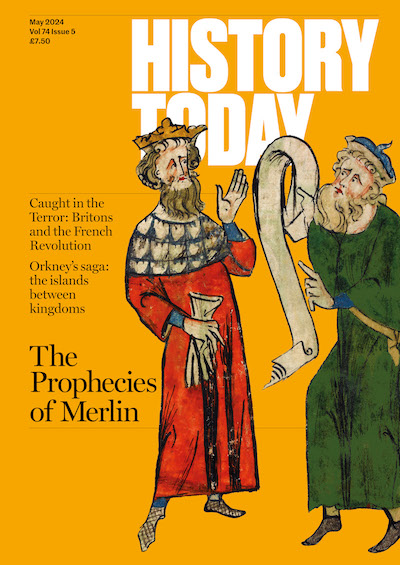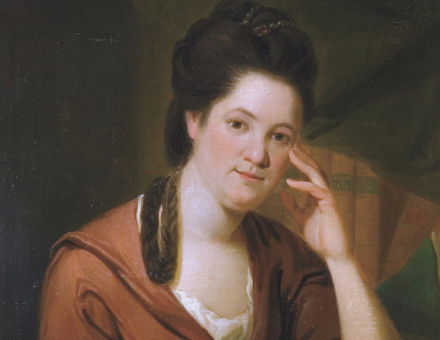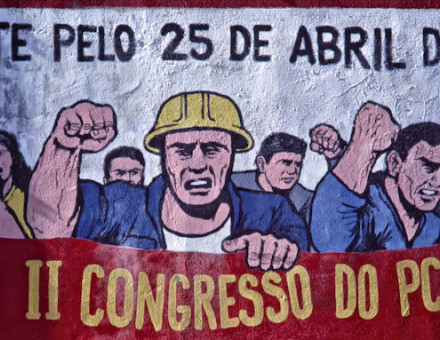Czechoslovakia Between the Wars
Mary Heimann restores Czechoslovakia to its pivotal role in the Munich Crisis.
The Munich Agreement (29 September 1938), in which Germany, France, Britain and Italy demanded that the ‘Sudetenland’, as the predominantly German-speaking border regions of Czechoslovakia came to be known, be handed over to the Third Reich, is usually presented as part of a sweeping narrative called something like ‘The Road to War’ or ‘The Price of Appeasement’. This is a story in which the repeated failures of the League of Nations, France and Britain to ‘stand up’ to the dictators is understood to have culminated in Nazi Germany’s forcible union (Anschluss) with Austria (13 March 1938), annexation of the ‘Sudetenland’ (1 October 1938) and attack on Poland (1 September 1939), the last straw which finally provoked France and Britain to declare war on Germany. The main stress in this grand narrative is placed on the failures of France and Britain, victors in the Great War, to prevent the catastrophe – within a generation – of a second, even more devastating, world war.





